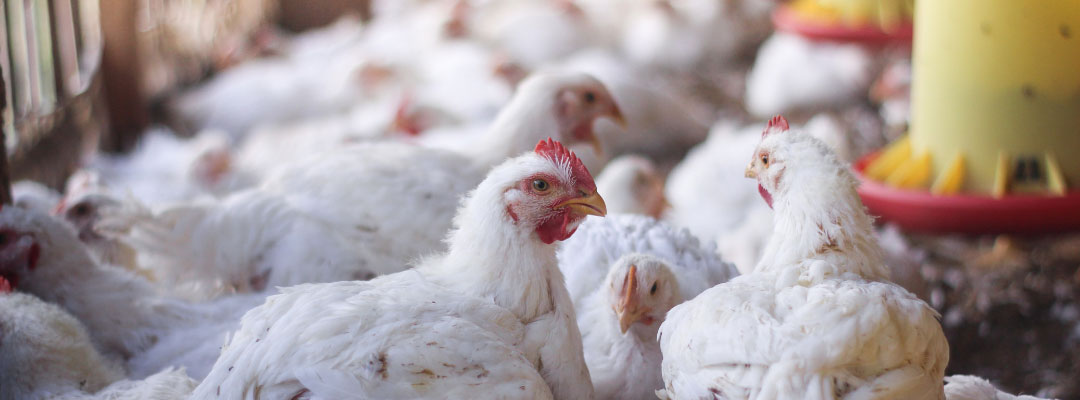Bankruptcy is a legal process that allows those (a person or a business) that cannot currently pay back their debts or are struggling to pay back current debts to develop a plan that relieves the financial burden of those debts. The person or business unable to pay back debts is known as a debtor. This process allows the debtor to work out a process to repay outstanding debts to creditors and will eventually let the debtor make a fresh start. Although it provides a fresh start, the bankruptcy filing may stay on the debtor’s credit report for several years and may limit the ability to borrow money.
Bankruptcy falls under federal law, and types of bankruptcies are often referred to by their chapters in the U.S. Bankruptcy Code. The main types of bankruptcy would be Chapter 7, Chapter 11, Chapter 13, and Chapter 12. Chapter 7 is the most common form of bankruptcy and allows a debtor to liquidate all assets but those exempt from bankruptcy to pay off creditors. Chapter 13 is another form of bankruptcy used by debtors with reliable income sources and some exempt assets. Chapter 13 allows the debtor to reorganize, keep assets, and dedicate a portion of their income (usually 3 to 5 years) to pay off debts. Chapter 11 is available to all U.S. businesses, allowing a debtor to remain in control of the business as a debtor in possession and reorganize the business to pay back debts. Chapter 12 is a bankruptcy provision for qualifying family farming and fishing operations.
Chapter 12 is designed to allow agricultural operations to reorganize in ways that the other Chapters do not allow. Current qualifications include:
- Being engaged in a farming operation or commercial fishing operation.
- Having total debt less than $11,097,350 for a family farm or $2,268,550 for a family fishing operation.
- Total farm related debts of at least 50% or fishing related debts of at least 80% of all filer debt.
- More than 50% of the filer’s gross income originates from the farm or fishing operation.
Future posts will explore how Chapter 12 enables agricultural operations to reorganize and continue operating.
This work is supported by the Agriculture and Food Research Initiative (AFRI) program, grant no. 2022-67023-36112/project accession no. 1028056, from the U.S. Department of Agriculture, National Institute of Food and Agriculture.
Any opinions, findings, conclusions, or recommendations expressed in this publication are those of the author(s) and should not be construed to represent any official USDA or U.S. Government determination or policy.

Author: Paul Goeringer
Senior Faculty Specialist, University of Maryland

Author: William Secor
Assistant Professor, University of Georgia

Author: Adam Rabinowitz
Assistant Professor & Extension Specialist, Auburn University
Goeringer, Paul, William Secor, and Adam Rabinowitz. “Bankruptcy as an Option to Relieve Financial Distress.” Southern Ag Today 3(5.3). February 1, 2023. Permalink





